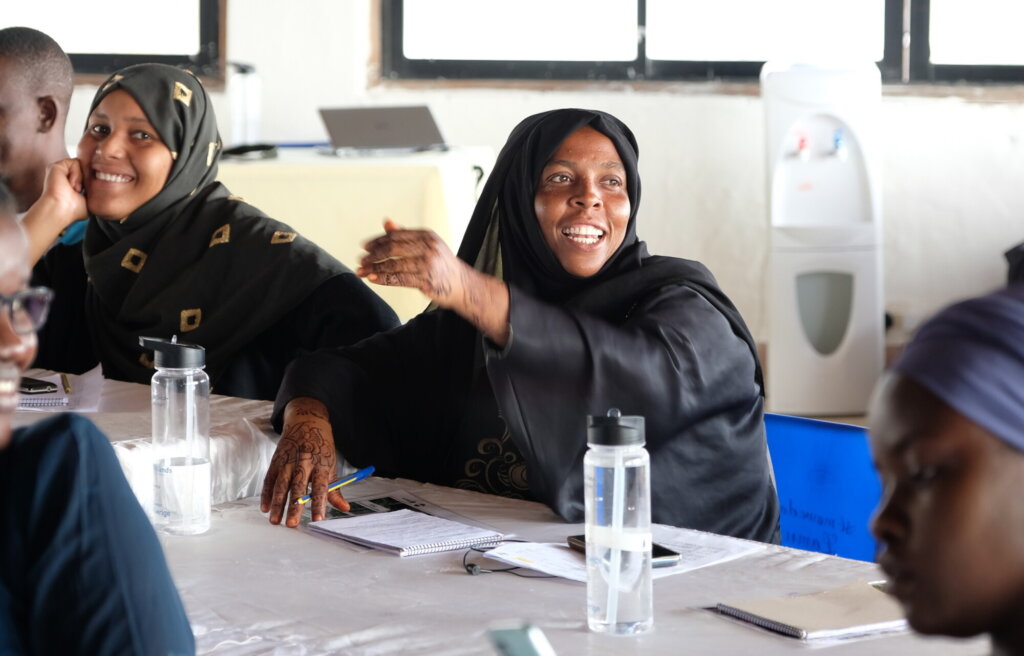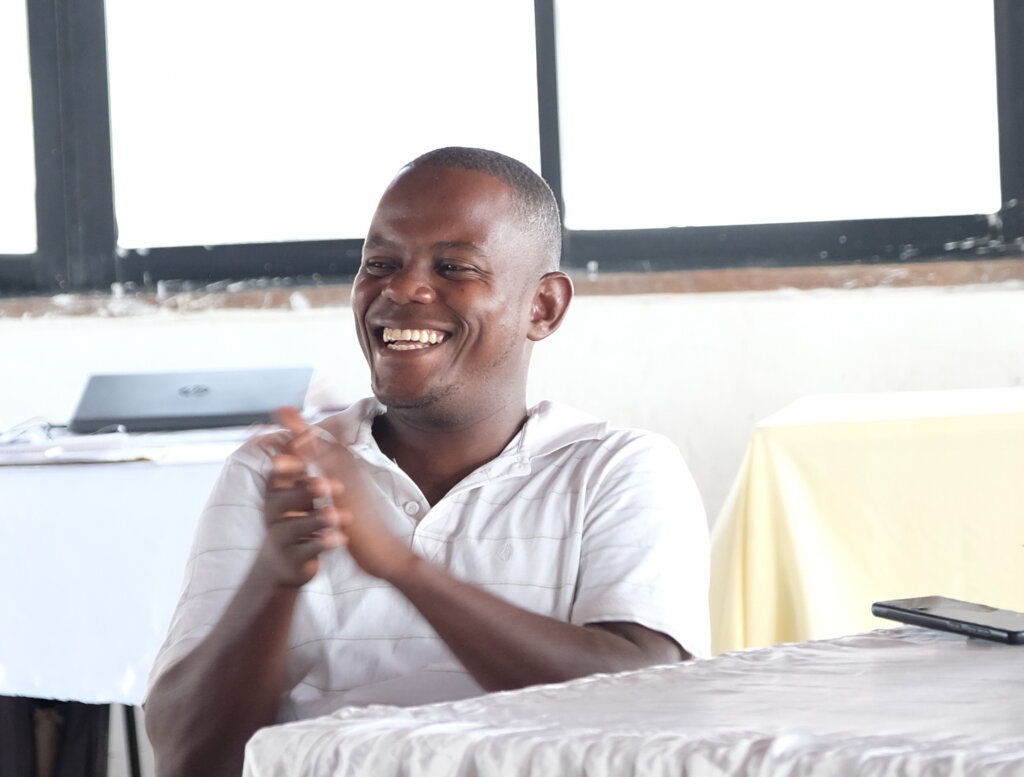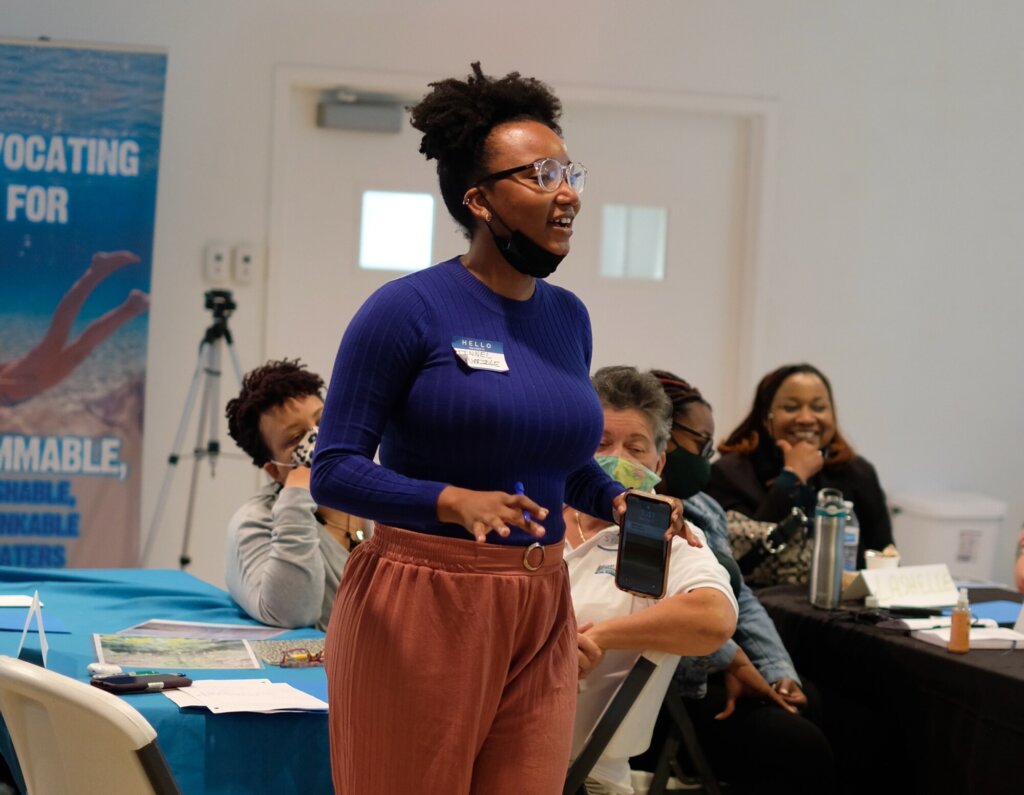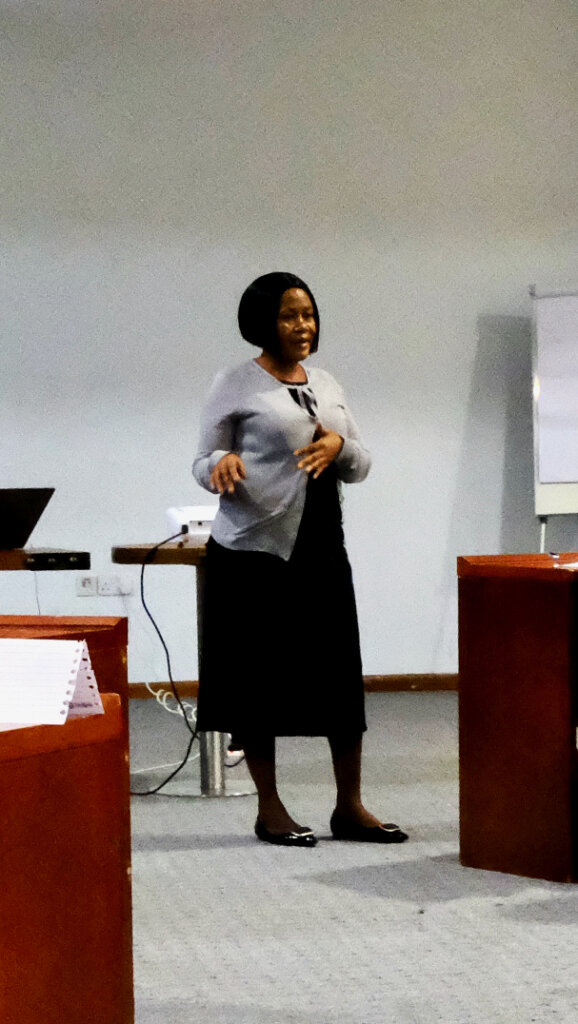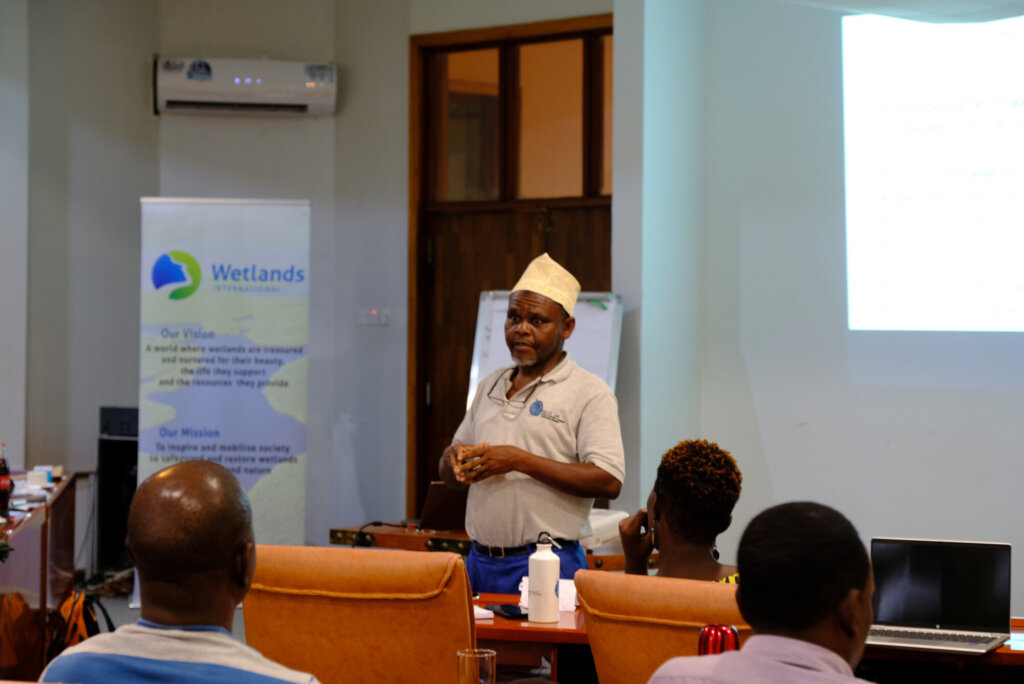"I will share all of this new knowledge with my community, I think it is important that everyone knows about CBEMR."
Restoration Training
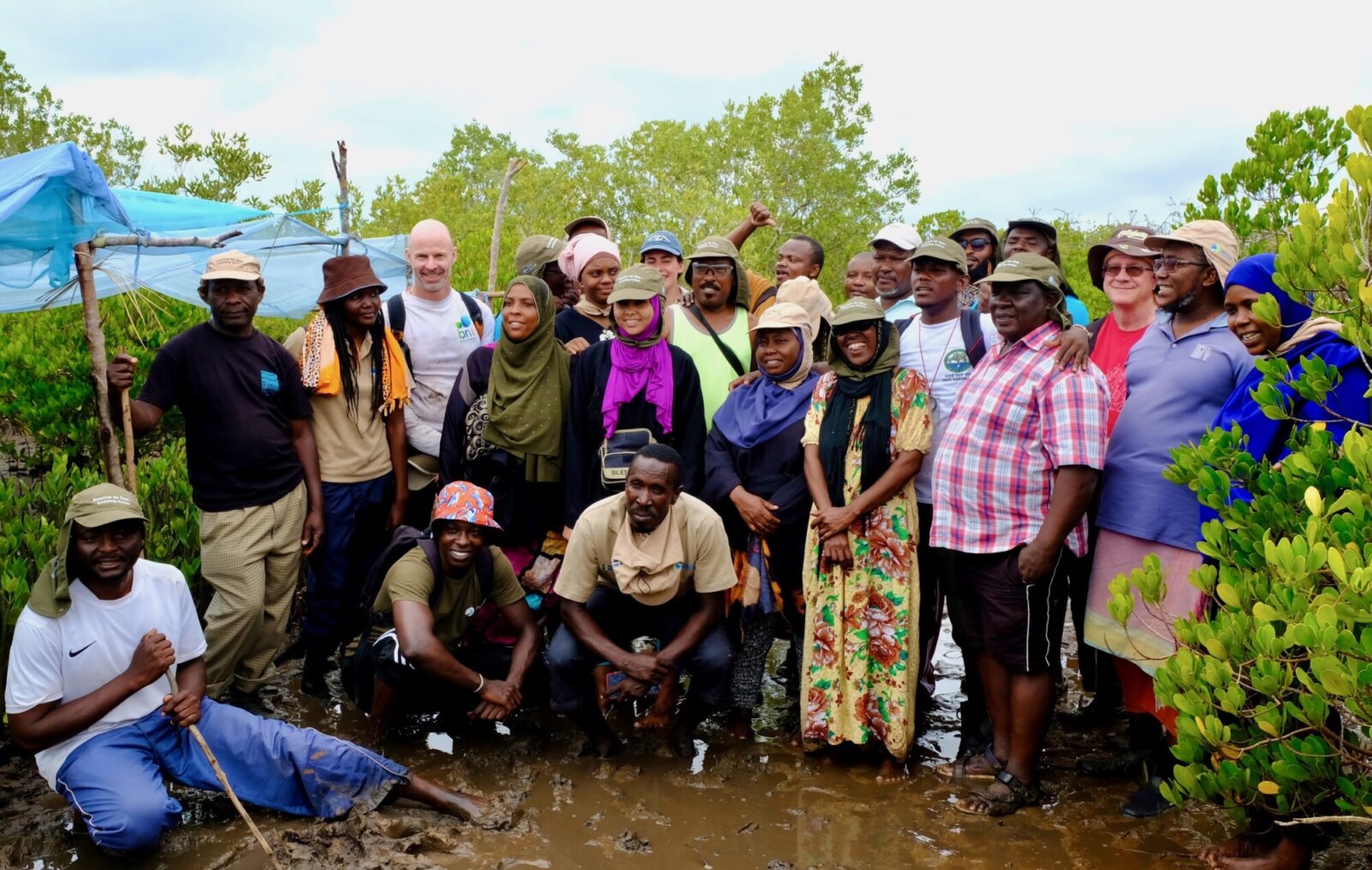
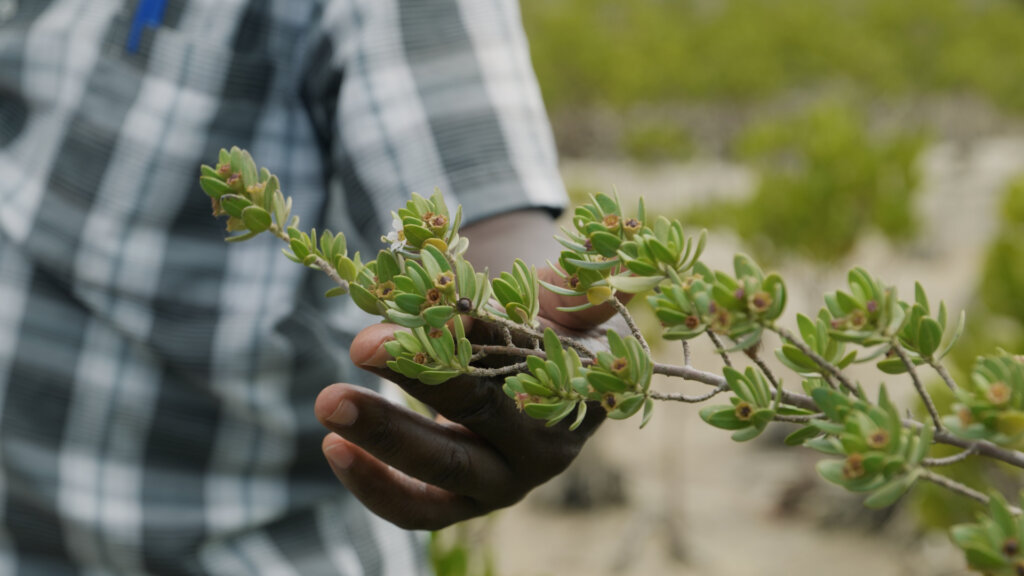
Why is mangrove restoration important?
Restoring mangroves mitigates climate change and boosts coastal resilience. These ecosystems capture more carbon than most forests and protect against storms and erosion. Mangroves also enhance economic resilience by providing sustainable livelihoods and food sources.
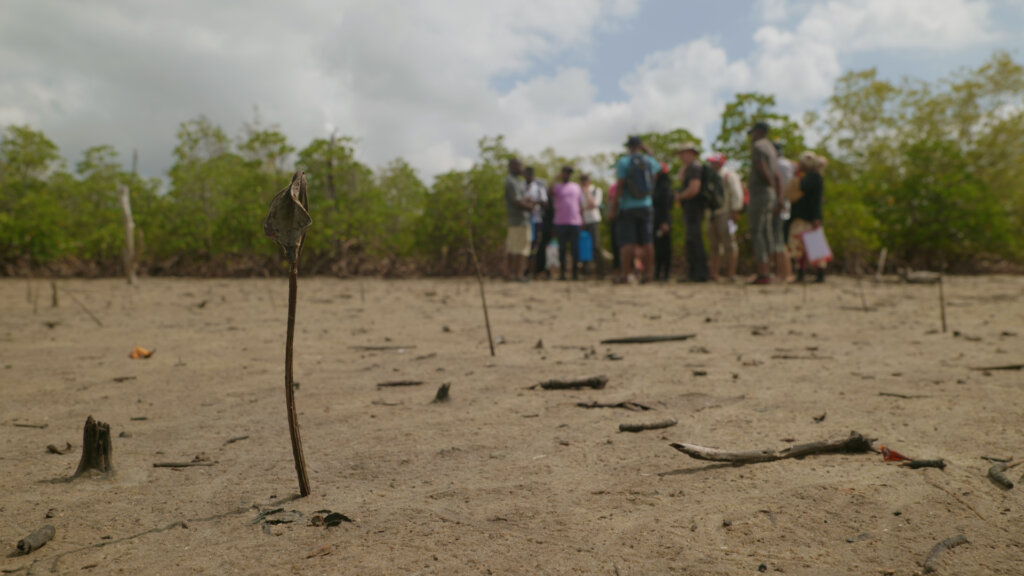
Why do mangrove restoration projects fail?
Despite good intentions, many mangrove restoration projects fail, not due to a lack of effort but because of the complex nature of mangrove ecosystems.
Restoring mangroves is as intricate as their root systems. While planting is effective for some ecosystems, successful mangrove restoration requires a holistic approach. This involves a deep understanding of the ecological, hydrological, and socioeconomic factors affecting mangrove health.
Community involvement is essential; coastal communities need the skills and knowledge to carry out the work effectively. Without this comprehensive strategy, restoration efforts are less likely to succeed.
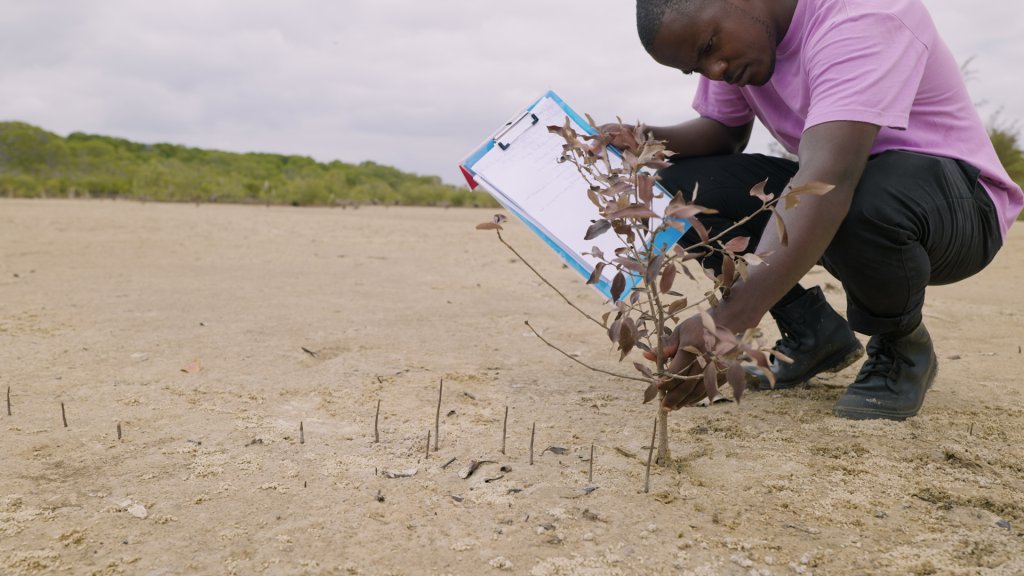
Where does MAP come in?
Witnessing the rapid devastation of mangrove forests, the founders of MAP formed a global network in 1992 to combat mangrove loss.
Since then, MAP has evolved into a renowned environmental organization. Partnering with ecologists, NGOs, forest managers, and communities, MAP conducts global training sessions on the ‘Community-Based Ecological Mangrove Restoration’ (CBEMR) method.
The result? Healthy, biodiverse and sustainably managed mangroves. Our methodology is a science-backed, collaborative approach that drastically improves restoration outcomes
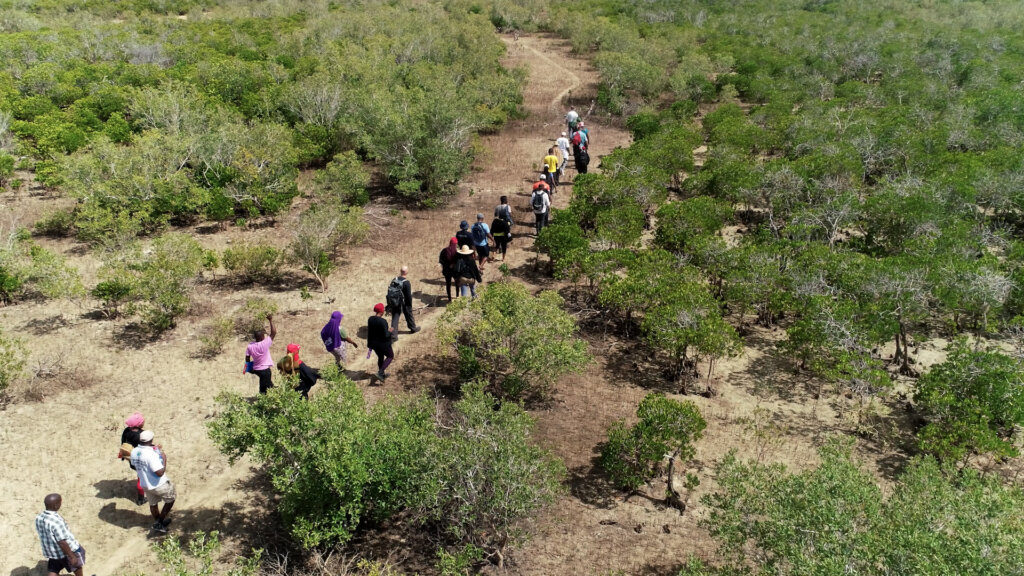
What is a CBEMR training?
A community-led, tailored program designed to equip local participants with tools for long-term ecological restoration while supporting community well-being.
With flexibility at its core, each workshop is carefully customized to address the unique needs of specific sites and communities, ensuring maximum impact.
These workshops, accommodating groups of approximately 30 participants for 5 to 10 days, feature interactive theory sessions on topics such as mangrove ecology and biology, understanding stressors, and restoration best practices. Field trips, equipment demonstrations, and group activities complement the theoretical sessions, enriching learning experiences, enhancing engagement, and fostering valuable networking opportunities among participants.
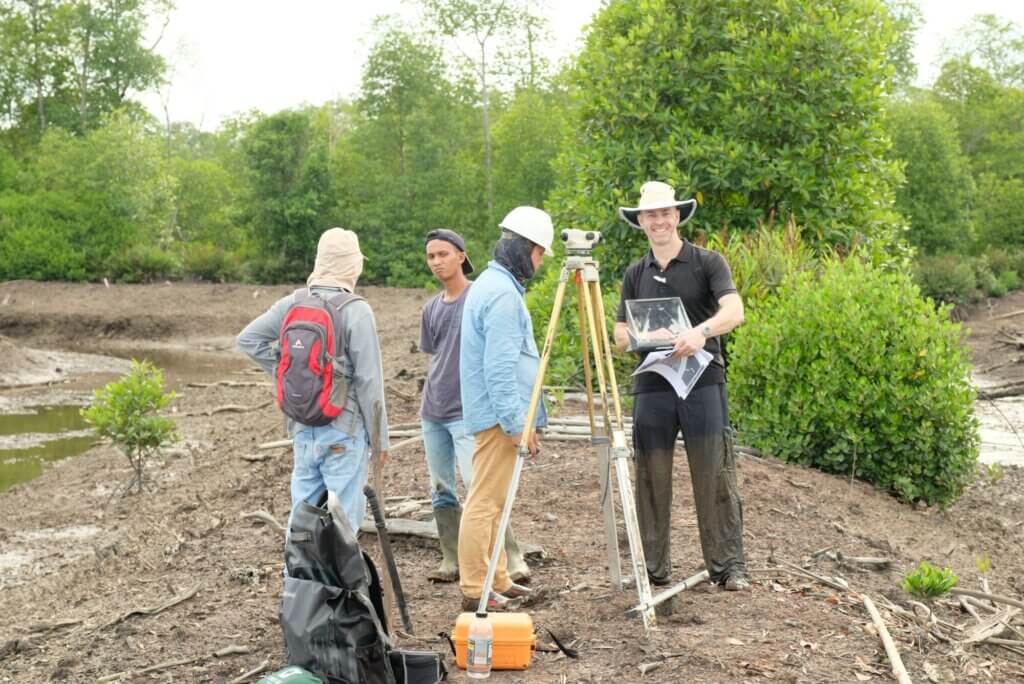
Accessible restoration
Our trainings are also offered online and facilitated over a number of weeks. While there is no substitute for in-field or site-specific learning, online workshops make it possible to bring together representatives from around the globe. Participants gain a thorough grasp of the key principles of the CBEMR methodology and learn how applying these principles can significantly enhance their restoration projects.
If you’re interested in restoration but a training workshop isn’t the right fit, we also offer site consultations and visits.

Revitalized More Than 75 km
of canals to promote natural regeneration in El Salvador

Empowered Over 30 Community Groups
across East Coast Africa through training initiatives

Post-Hurricane Devastation
The Bahamas has committed to utilizing CBEMR for mangrove restoration
Featured Films
Explore all our Films- Read more about A Global Mangrove Alliance in Indonesia
A Global Mangrove Alliance in Indonesia
To aid fisheries, disaster protection, and climate efforts, GMA-Indonesia and MAP conducted a CBEMR training, equipping participants with skills for…

- Read more about Return of the Mangroves
Return of the Mangroves
MAP team revisits the Bay of Jiquilisco after 12 years to assess the impact of their mangrove restoration training.
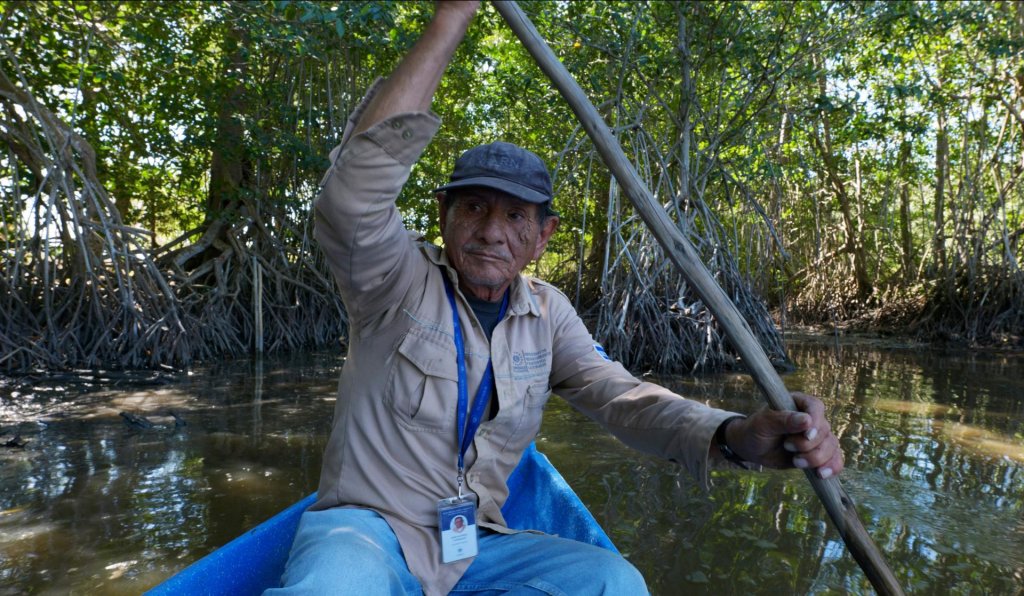
- Read more about Reimagining Mangrove Restoration in Kenya
Reimagining Mangrove Restoration in Kenya
GMA-Kenya & MAP team conducted a CBEMR training in Kenya, teaching restoration techniques to local communities and stakeholders.

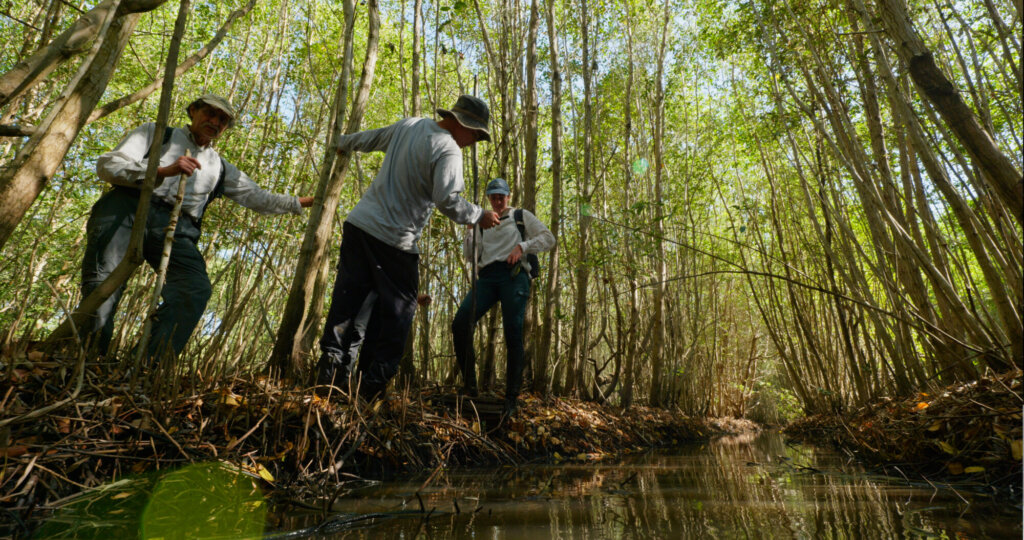
Stay Up-to-Date on Global Mangrove Restoration!
Since 2005, MAP has organized and moderated “MAP-CBEMR,” a 500+ member listserv of mangrove restoration practitioners. If you’re a mangrove habitat restorationist, join our global Community-Based Ecological Mangrove Restoration Group to connect with experts, share knowledge, and enhance the success of mangrove restoration projects worldwide!
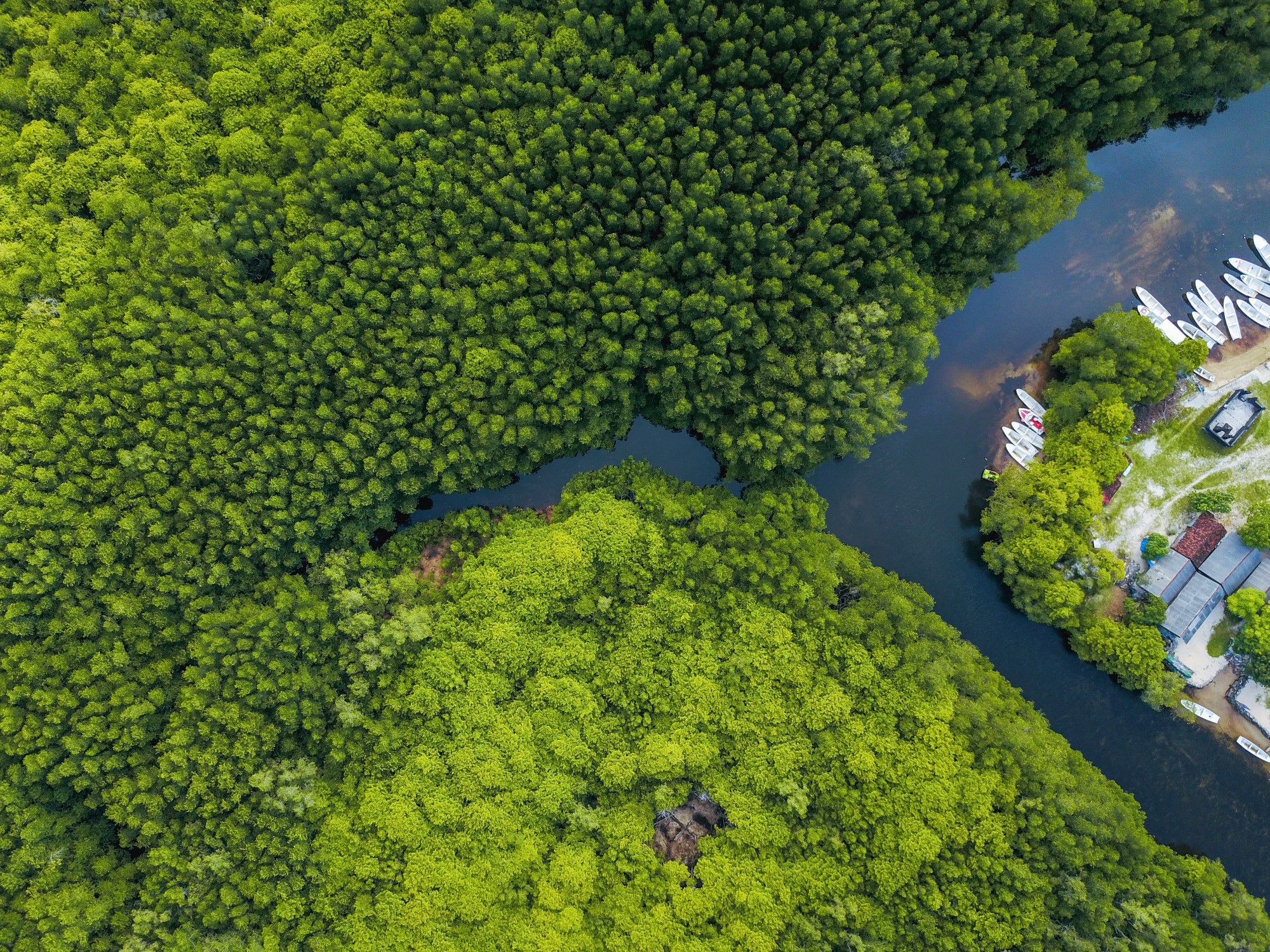
Interested? Reach out to explore how we can support your restoration efforts.
Whether you’re looking for training opportunities, access to restoration resources, or ways to contribute through donations, we’re here to help.

